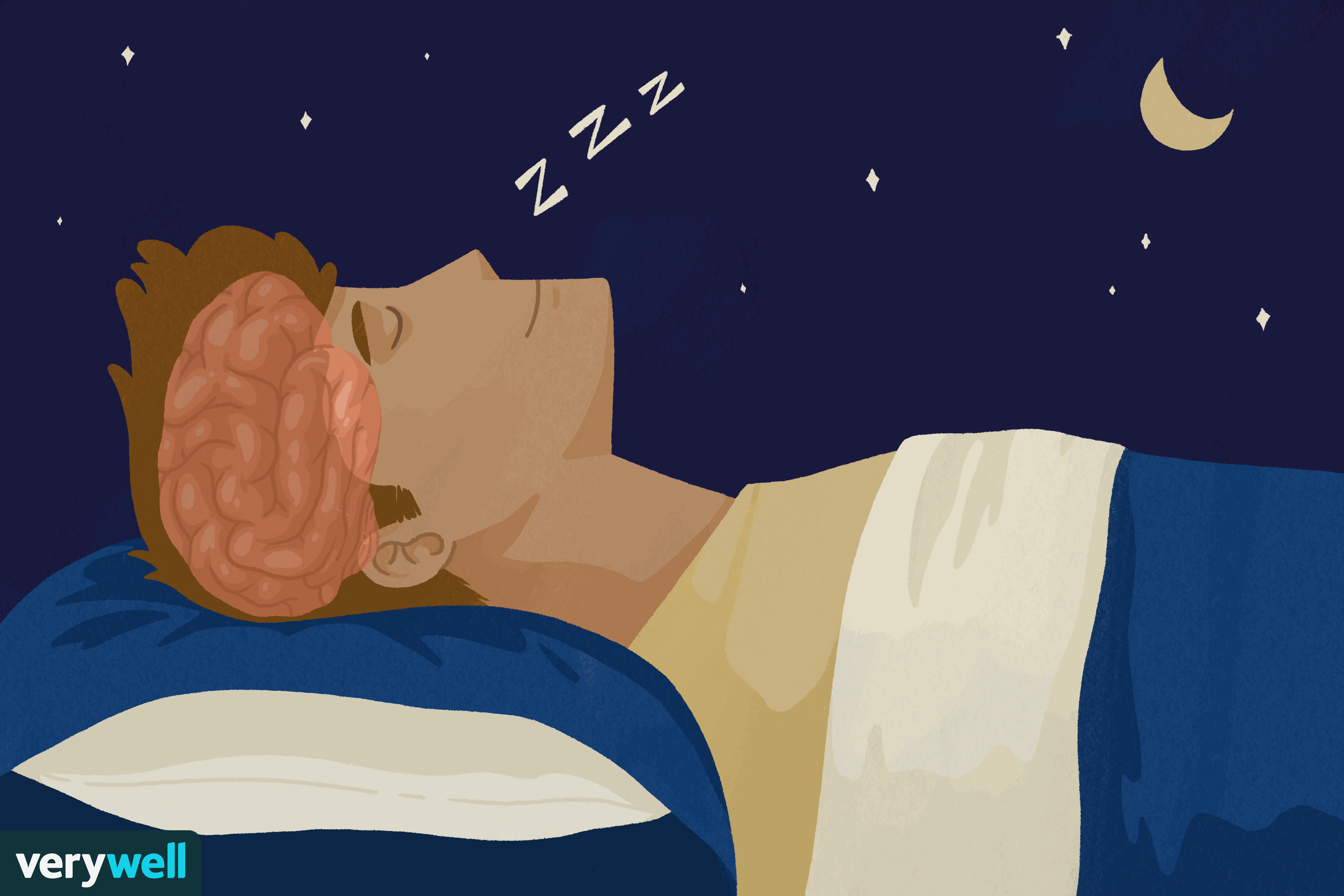
Insufficient sleep poses a major health threat. Research shows that lack of sleep is a leading risk factor for developing heart disease, diabetes or mood disorders. This article will discuss the benefits of sleeping well. It will also address the role sleep plays in maintaining healthy weight and preventing illness. Let's first define sleep. Sleep is a state of mind that naturally occurs. It's a time when our minds and bodies experience heightened levels of consciousness. Our voluntary muscle activity decreases, and our interactions are significantly diminished with our environment.
Insufficient sleep can cause heart disease
Women who sleep less often are more at risk for developing cardiovascular diseases such as coronary heart disease. The risk of insulin resistance is also increased by insufficient sleep. Insulin regulates blood sugar levels, and can lead to many heart conditions. Low levels of HDL cholesterol (the good kind of cholesterol) and LDL cholesterol (bad cholesterol) are associated with people who sleep less than six hours a night. LDL cholesterol has been linked to heart problems and coronary disease.
Mood disorders
Sleeping and mood disorders go hand in hand. You may need to consult a doctor if you suffer from one of these disorders. Some mood disorders can lead directly to more serious conditions, like bipolar disorder and depression. There are ways to manage these conditions if you are one of them. There are many treatments that can help you sleep well, including depression.
Stress
Science has shown that sleep is essential for our health and well being. Not only that, but people who lack sleep can also be impulsive and have poor moods. Chronic stress can also cause brain damage. It is vital to get enough sleeping hours each night to reduce stress. Find out how healthy sleep can reduce stress.
Acne
The importance of getting plenty of sleep is often overlooked, but the truth is that poor sleep can actually worsen acne problems. You can avoid the irritants by drinking plenty of water, getting enough sleep, and avoiding screen time for two hours before bedtime. If all of this fails, try melatonin (a natural supplement) or other methods to help your sleep. You can all improve your skin health with these proven methods, but it may be necessary to begin with just a few simple steps to see visible results.
FAQ
Does intermittent fasting affect my sleep?
Yes, intermittent fasting can impact your sleep. If you skip meals, your hunger hormones will increase. You might wake up every night as a result.
Experts suggest skipping breakfast. Experts recommend having a light snack before going to bed.
If you still feel hungry after eating this snack, you may want to eat a small breakfast before going to bed.
Overeating is not a good idea. If you do, you will gain weight rather than losing it.
What's the difference between intermittent fasting versus calorie restriction
Calorie restriction refers to eating less than what your body requires. Intermittent Fasting is different in that it doesn't restrict calories. Instead, Intermittent Fasting is about eating fewer calories per day.
Intermittent fasting is more effective because it allows you to enjoy foods you love without feeling guilty.
However, both methods have their pros and cons. You have to decide which method you prefer.
How can busy people lose weight?
You can lose weight by eating less and moving more.
You will gain weight if your eat too much. You will gain weight if exercise isn't enough. If you combine these two simple behaviors, you can lose weight.
Statistics
- One 6-month study showed that simply doing 11 minutes of strength-based exercises 3 times per week resulted in a 7.4% increase in metabolic rate, on average. (healthline.com)
- Another study found that 24 weeks of weight training led to a 9% increase in metabolic rate among men, which equated to burning approximately 140 more calories per day. (healthline.com)
- A 12-week study in 20 women with obesity found that walking for 50–70 minutes 3 times per week reduced body fat and waist circumference by an average of 1.5% and 1.1 inches (2.8 cm), respectively (healthline.com)
- Among women, the increase in metabolic rate was nearly 4%, or 50 more calories per day (14Trusted Source (healthline.com)
External Links
How To
How can you lose belly fat quickly?
You need to realize that losing belly fat can be difficult. It takes dedication and hard work. But if you follow these tips, you will definitely see results.
-
Healthy Food Eating healthy food is very important. You should eat fruits, vegetables, whole grain, lean protein, nuts, seeds and legumes as well as fish, poultry and eggs. Avoid junk food.
-
Drink Water. Water is good for you. It keeps your body hydrated so that you feel satisfied and full for longer periods. So drink plenty of water every day.
-
Cardio exercises are a great way to burn calories and build muscle mass. Cardio exercises help you burn more calories and build muscle mass. They improve heart health and metabolism. Cardio exercise should be done for 30 minutes each day.
-
Get enough sleep. Sleep is crucial for maintaining good health. A lack of sleep can lead anxiety and stress that can then be exacerbated by unhealthy habits like smoking and drinking.
-
Reduce Stress Levels. Stress can cause changes in brain chemistry and hormonal levels. Cortisol is a hormone our bodies make when we feel stressed. It increases hunger pangs.
-
Regular breaks. Regular breaks are important throughout the day. Go outside and walk around or take a short nap. Doing this gives your mind and body time to relax and recover.
-
Avoid Alcohol Consumption. Alcohol can cause empty calories and slow down digestion. Alcohol should be avoided if you're looking to lose belly-fat.
-
Have fun